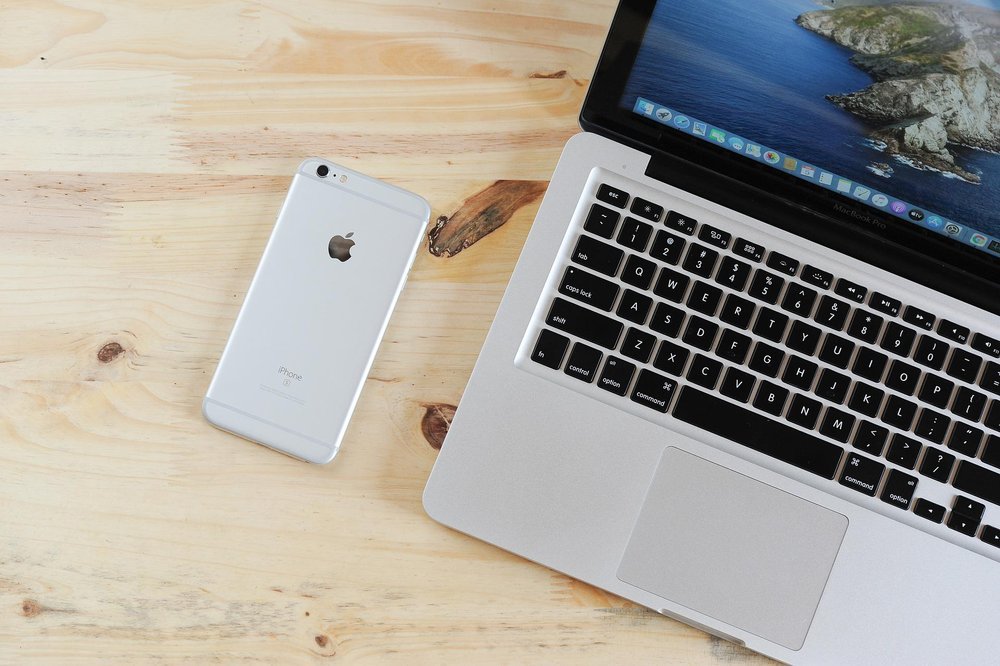Mobile subsidy and the banking monopoly: the legal debate that is part of your daily life
Any owner of a mobile phone has undoubtedly already benefited from the "mobile subsidy" system offered by operators, which allows a customer to acquire his or her mobile phone for a modest initial outlay (sometimes limited to a symbolic €1), in the context of a mobile subscription, subject to a commitment period of 12, 24 or 36 months and the payment of an increased telephone subscription.
This financing solution really took off with the advent of telephone subscriptions and then smartphones, the acquisition costs of which continue to rise with technological developments.
However, this solution is currently experiencing its swan song for reasons unsuspected by the general public: a thorny debate surrounding the qualification of consumer credit offers. This twilight of the subsidy has created a stir among telephone operators, who have had to compensate for this situation with new tools derived from banking regulations.
The origins of the debate
As is often the case in telecoms in recent years, the paradigm shift was triggered by the arrival on the telecoms market of the sector's troublemaker: Free. The launch of the latter's activity in January 2012 led, as everyone knows, to a profound restructuring of the sector and prompted its three competitors (Bouygues Telecom, Orange, SFR) to light all possible counter-fires to limit the resulting haemorrhage of customers.
Thus, between June 2011 and September 2012, SFR had marketed "Carré" subscriptions associated with an "Eco price" offer allowing consumers to choose between:
A subscription at an Eco price, without purchasing a mobile terminal; or,
A subscription with purchase of a mobile terminal, according to the following alternative:
The purchase was at the "reference price" and the subscription at the "Eco price
The purchase was made at an "attractive" price and the subscription was then increased for a period of 12 or 24 months (depending on the commitment period chosen), at the end of which the subscription returned to the "Eco price".
Free considered that this last branch of the alternative constituted an advance payment granted by SFR to its customers, who thus reimbursed their operator for the price of the mobile terminal at the end of the commitment period by means of the subscription surcharge. Concluding that this arrangement characterized a consumer credit offer within the meaning of Article L. 311-1 of the French Consumer Code, Free brought an action against SFR before the Paris Commercial Court in May 2012, in particular for unfair and deceptive practices resulting from the disregard of the provisions governing consumer information on consumer credit.
This was the first act of a long legal procedure from which the "mobile subsidy" should not emerge unscathed.
An abundance of proceedings
In limine litis, it should be noted that the procedure in question is only approached in this post from the restricted (but oh so fascinating) angle of banking regulations, but that other questions have been decided in an enlightening manner, in particular with regard to consumer law or the liability incurred for denigration (as is often the case in proceedings between Free and its three competitors).
Followed by the Paris Commercial Court (15 January 2013, No. 2012033422) and the eponymous Court of Appeal (9 March 2016, No. 13/01884), SFR's conclusions were however dismissed by the Court of Cassation (7 March 2018, No. 16-16. 645), which - recalling that the qualification of a credit transaction included any payment facility - considered that the Court of Appeal should have investigated whether the deferral of the purchase price of the mobile phone on the price of the subscription (resulting from the monthly increase in the subscription concomitant with the acquisition of a mobile terminal at a symbolic price) did not constitute a payment term granted by SFR to its customers within the meaning of the provisions of Article L. 311-1 of the French Consumer Code defining credit transactions.
Unsurprisingly, the Court of Appeal followed the conclusions of the Court of Cassation, but the pugnacious SFR again appealed to the Court of Cassation, essentially contesting the qualification of a credit offer and the unfair and deceptive practices, which one suspects caused it unpleasant image damage. The Court of Cassation nevertheless rejected all of the applicant's arguments, thus confirming the analysis of the appeal judge, and dismissed her appeal (16 March 2022, No. 19-18.499).
The entry of banking regulation
Although the procedure described above only involved Free and SFR, it was closely followed by their competitors, who also offered their subscribers the "mobile subsidy" mechanism. The qualification of "credit offer" by the Court of Cassation had the major consequence of confirming that the mobile subsidy falls within the scope of the banking monopoly, a very French particularity.
It should be remembered that the banking monopoly requires that only establishments authorised for this purpose be authorised to carry out credit transactions on a regular basis (Article L. 511-5 of the Monetary and Financial Code, the notion of regularity being characterised from the second transaction of this nature according to case law). The obstacle is considerable: granting credit in disregard of this banking monopoly is a heavily punished offence (imprisonment, substantial fines and additional and ancillary penalties).
However, operators have little room for manoeuvre in this area: the constantly rising price of mobile phones means that they have to find financing solutions that allow the corresponding payments to be staggered, otherwise customers would impose on themselves a sobriety that would not necessarily please their operators...
The operators were therefore faced with an alternative:
Create their own credit institution in order to propose to their customers a dedicated financing offer for the acquisition of their mobile phone.
As you can imagine, this is a tricky path: in addition to requiring a substantial investment, it brings operators into a new sector of activity, quite distant from their core business. It is therefore not surprising that only Orange has, to date, followed this path with the creation of Orange Bank. There have long been rumours about the creation of a banking institution by Illiad, the parent company of Free Mobile, but these have so far remained unheeded.
Develop partnerships with existing credit institutions and offer their customers these "partner" offers.
While this approach seems simpler to implement, it is likely to require operators to be subject to the status of intermediary in banking and payment services (IOBSP). This status concerns any person who, on a regular basis (more than 20 transactions per year or an annual amount of €200,000), for remuneration or any other form of economic benefit, engages in intermediation in banking transactions (which covers credit transactions), without acting as a del credere. This status entails a number of constraints (existence of a mandate, registration with ORIAS, obligation to train salespersons, supervision by the ACPR and the agent of IOBSP activities, submission to the obligations of a provider of outsourced essential services, etc.), but nothing insurmountable - it would seem - since all operators are now registered as such in the ORIAS register.
The use of this last option has been greatly facilitated by the development of FinTechs capable of offering a digitally integrated solution, allowing operators to include it in their sales process in a virtually painless manner for the customer (so long as it is sober). However, it opens the door to control by the ACPR of certain activities of telecoms operators, a control which we can expect to increase in view of the multiplication of banking issues in this sector (see the VAS - Value Added Service - value chains for another illustration). It is therefore a new regulatory environment that telecom operators must now master, with its own dedicated authority and its own subtleties.

